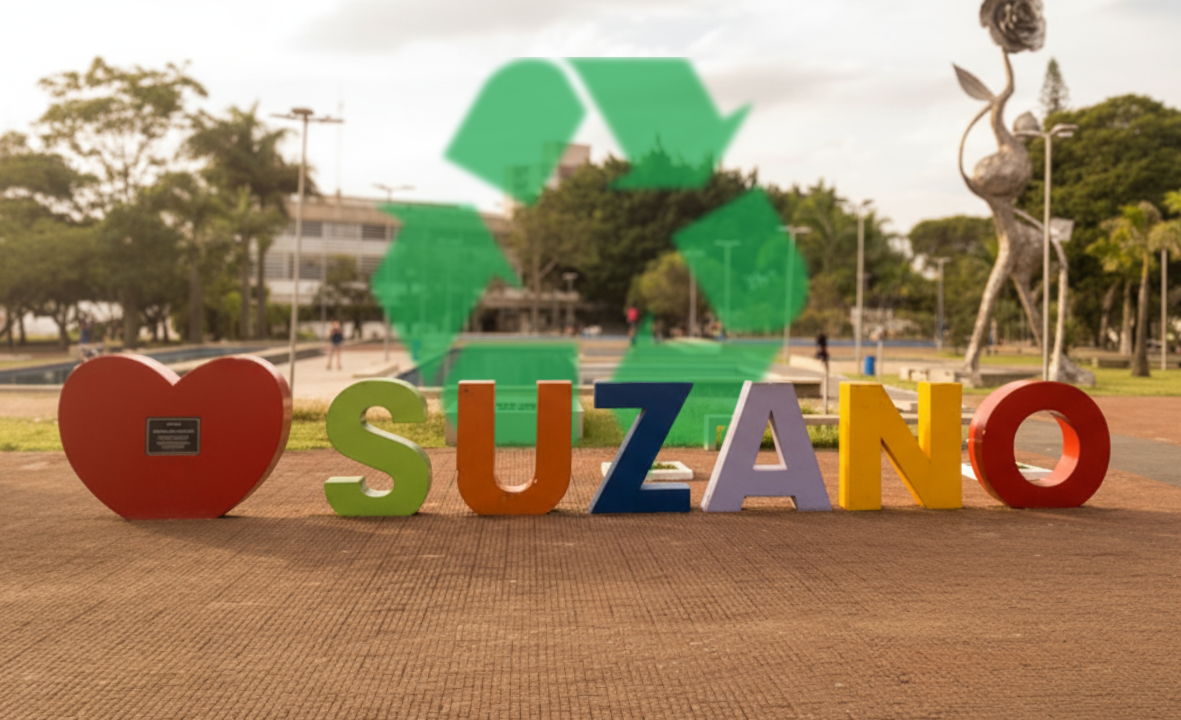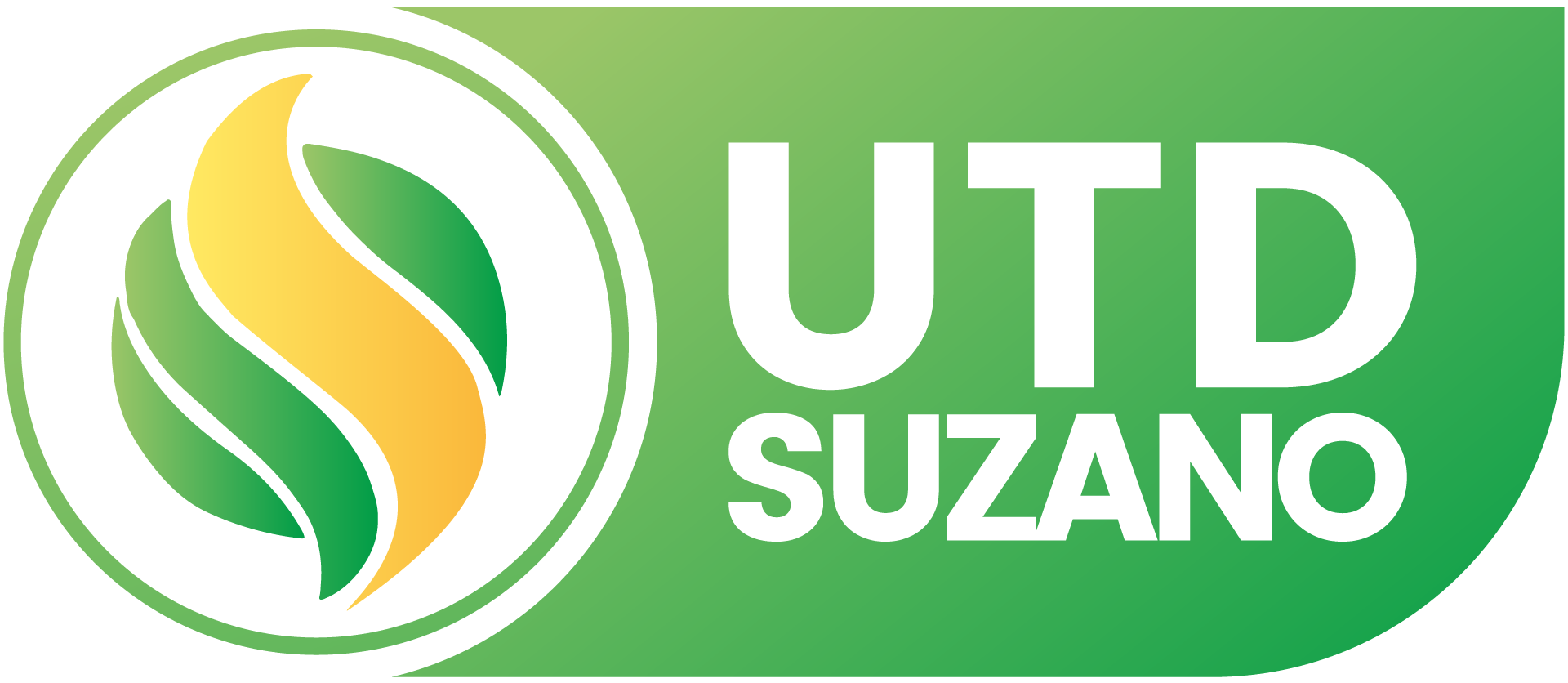
Suzano Stands Out Nationally in Environmental Management and Deforestation Control
The city in Greater São Paulo has secured first place in a ranking that evaluated 418 Brazilian municipalities, solidifying its reputation as a reference in public policies for preservation and sanitation. SUZANO – Suzano, in Greater São Paulo, has strengthened its position as a sustainability benchmark by achieving first place





